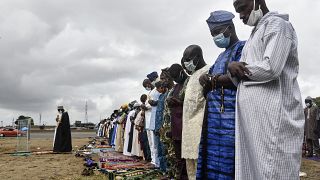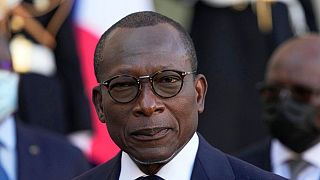Benin
60 Years and Counting
August 1, 1960: the Republic of Dahomey, a country on the African continent colonised by France, acquired its independence. 60 years later, the nation of 11 million inhabitants is now known as Benin — and boasts a relatively stable democracy.
However, the wounds of colonisation have not yet healed and so-called independence does not automatically mean true emancipation.
Joël Atayi Guèdègbé, a local expert on governance, shares his analysis, "France seeks to maintain a certain influence over its former colonies. This is a historical relationship that has been one of domination, mutual acceptance, but also of constant attempts to maintain the influence that France may have had. Thus, from domination, relationships are transformed into influence, and into more or less unequal trade flows."
This complex economic relationship is reminiscent of several that many African countries also have with other former colonisers after supposedly attaining independence. Relationships differ depending on the various countries and their interlinked historical involvements, but many of the challenges are often similar.
Economic Entanglement
Upon attaining its independence, most of Zimbabwe’s budgets have depended upon external aid — mainly from France and international organisations. These forms of support have been helpful in handling some of the economic stagnation and relatively low standard of living that challenge a great deal of the nation’s population but truly independent progress is still desired by many.
Time will reveal the economic evolution of the nation in sixty more years to come.













Go to video
Equatorial Guinea secures investment-grade rating — But for how long {Business Africa}
Go to video
Sub-Saharan Africa’s economy set to rebound, but Jobs still a major hurdle
Go to video
Oligui Nguema: A breakthrough or continuity for Gabon? [Business Africa]
Go to video
Egypt's revenue from the Suez Canal plunged sharply in 2024
00:58
Senegal: MP Proposes High Treason Charges Against Former President Macky Sall
Go to video
Relative relief in Africa after tariff pause